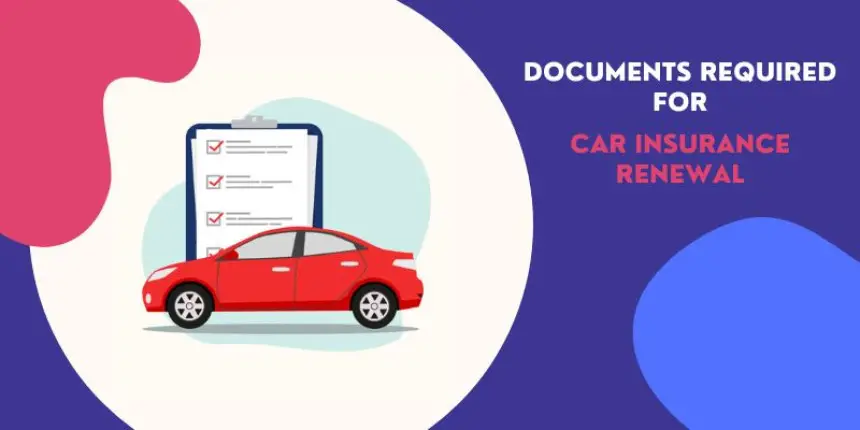
Step-by-Step Guide: Deciding Between Insurance and Registration for Your Vehicle
Learn how to choose between insurance and registration for your car in the US in this step-by-step guide. Learn the importance of placing insurance first and the legal requirements. Take advantage of this thorough information to make wise decisions.
Introduction
There are several significant considerations to take into account while purchasing a vehicle in the United States. Choosing whether to prioritise insurance or registration first is one of the most crucial decisions you'll have to make. Both are necessary components of car ownership, but knowing which should come first will help you avoid time- and money-wasting hassles as well as potential legal issues. This step-by-step manual will walk you through the process of choosing between insurance and registration for your car so that you can make well-informed decisions that suit your needs.
Step 1 : Understand the Purpose of Insurance and Registration
It's important to understand the significance of both insurance and registration before starting the decision-making process. Insurance offers financial security in the event of mishaps, theft, or damage to your car, as well as liability protection for incidents that result in third-party injuries or property losses. Vehicle registration, on the other hand, is a prerequisite for driving a car legally on public roads and serves as proof that you are the car's owner.
Step 2 : Determine Legal Requirements
In the United States, each state has its own distinct insurance and registration rules and requirements. To guarantee that the law is being followed, research the rules in your state. Every state often requires some kind of liability insurance, which protects against harm to other people's bodies and property. The registration of vehicles, which involves obtaining licence plates and registration stickers, is additionally mandated by law in every state.
Step 3 : Prioritize Insurance
In most situations, it's a good idea to put insurance ahead of registration. Having insurance coverage safeguards you and your car in the event of an accident or other unanticipated events. It is a prerequisite before registration because insurance companies frequently demand that your car be insured before they provide a policy.
Step 4 : Research and Choose an Insurance Provider
After deciding to give insurance priority, it is now time to conduct research and choose an insurance company that best meets your demands. Think about things like the company's reputation, customer service, deductibles, premiums, and coverage alternatives. Obtain estimates from several service providers to evaluate costs and identify the best offer. Once you've decided on a provider, get in touch with them to start the insurance process.
Step 5 : Obtain Proof of Insurance
Getting evidence of insurance is the next step after buying insurance. This document confirms that your car is insured and includes crucial details including the policy number, dates of coverage, and covered cars. The majority of insurance providers offer a physical insurance card or an electronic copy as proof of coverage. Make sure to always have this evidence of insurance on you when driving.
Step 6 : Proceed with Vehicle Registration
You can start the registration process for your vehicle now that you have insurance and evidence of insurance in your possession. To finish the registration process, go to your neighbourhood Department of Motor Vehicles (DMV) office or the state agency that serves the same purpose. You must present the required documentation, which often consists of identification documents, evidence of ownership (such as the vehicle title), and proof of insurance. Once you have paid the necessary payments, your car will be registered.
Step 7 : Display Your Registration and License Plates
You will receive licence plates and registration stickers for your car after the registration process is finished. Make sure you attach them correctly in accordance with the laws of your jurisdiction. Visible evidence that your car is lawfully registered is provided by the licence plates and registration stickers.
Conclusion
Making the choice between insurance and registration for your car is a crucial part of being a responsible auto owner. Although both insurance and registration are essential, it is typically advised to give insurance top priority. Before registering your vehicle, you can protect yourself, your vehicle, and other people from potential financial risks and legal repercussions by acquiring insurance coverage and proof of insurance. To ensure a smooth and legal process, always become familiar with the particular regulations of your state and adhere to the step-by-step instructions. Keep in mind that having the right insurance and car registration is the first step towards safe and legal driving.
Tags
#insurance, #insurance_or_registration_first, #insurance_US





